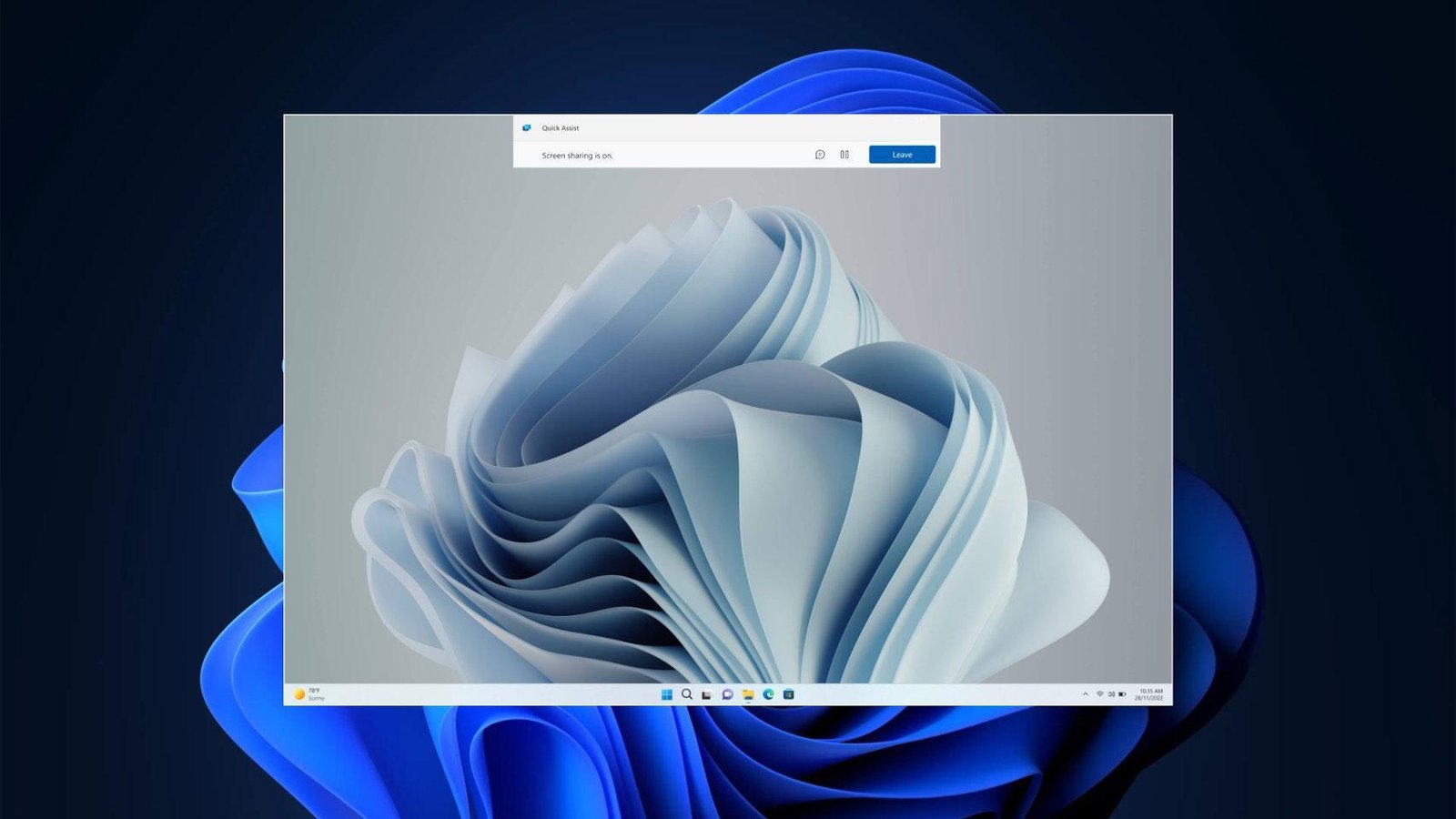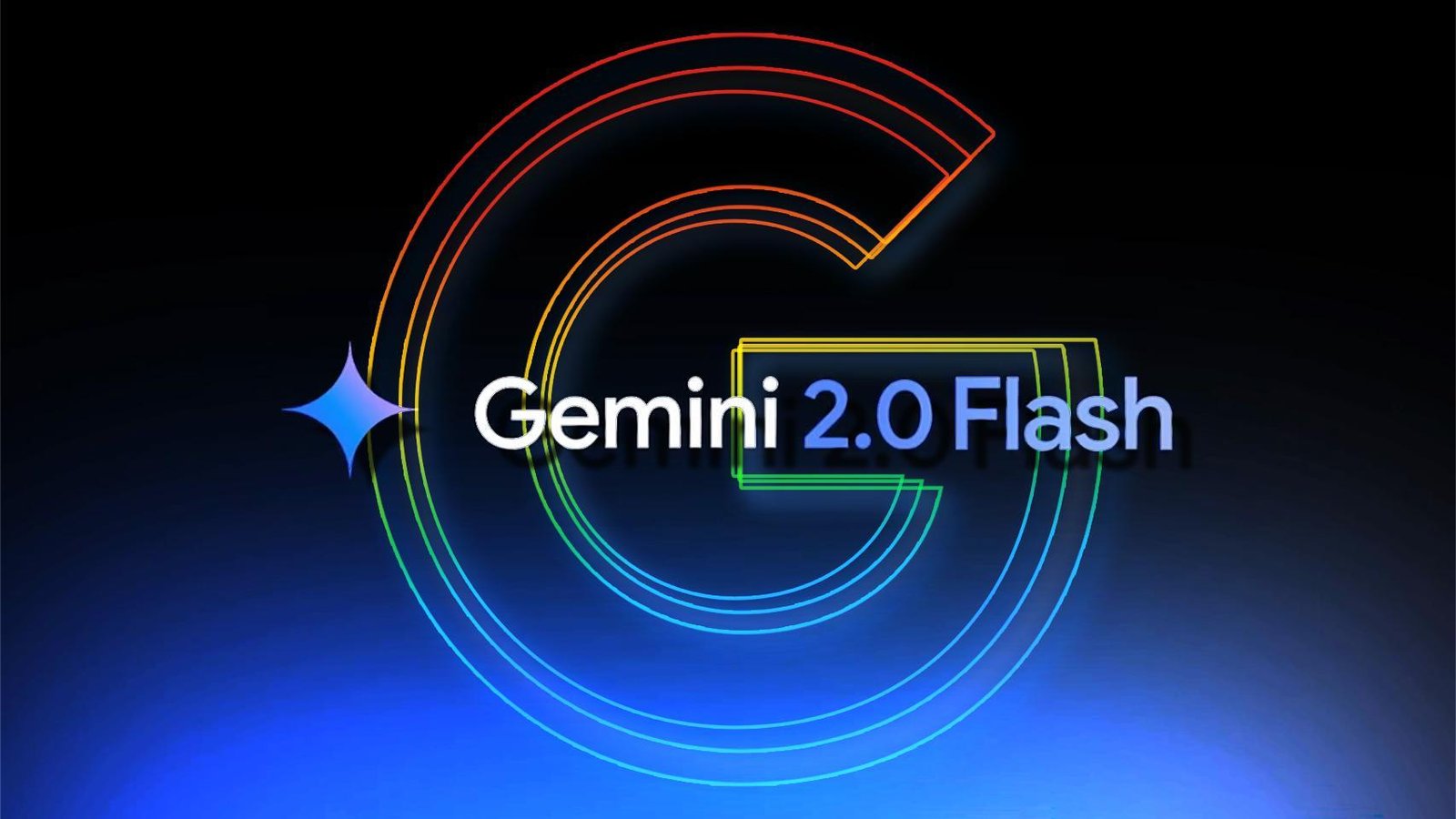All Windows users have found ourselves on occasion with a problem that we cannot solve, whether it is not a program that does not respond, a configuration that we do not know how to activate, or an app that has been installed without our permission. In those cases, we can seek help on the Internet, or call a relative or known who knows more than us; But carefully, because that moment of weakness can be used by hackers.
One of the most popular attacks in recent years is based on the fraudulent technical service; An alleged expert tells us that he can solve our problem, but that he needs a connection with our computer. The scammer reassures us by stating that it is not necessary to come to our house or business, it only needs to Let’s use an app that is already installed in Windows 11 What danger can there be then? Much more than we think.
The situation has become so complicated, that Microsoft has had no choice but to publish a notice in which it explains how these attacks work, how they have evolved, and what we can do to protect ourselves. Specifically, these attacks are based on A program called “Fast Assistance”which is included in the Windows facilities and that allows the remote connection to a computer.
It is an app designed mainly for system administrators, which can be used to solve failures on a computer that does not require being present, such as changes in configuration. When the user accepts the external connection, the administrator can remote desktopcontrolling the mouse and keyboard as if it were in person, through a window in your system.
However, fast assistance can also be an entrance door to our computer for attackers with malicious intentions. Microsoft has clarified that fast assistance is a safe program and that these new attacks do not take advantage of any discovered ‘bug’; But it is evident that it is an increasingly popular attack vector among hackers. Microsoft itself states that Every day blocks more than 4,400 suspicious connections to fast assistancewhich represents 5.46% of all global connections to the app.
The free android
The generative AI seems to have a good part of this growth, since attackers can generate false businesses, including opinions of people who do not exist, and present as expert technicians that can solve the problem that the user has. The AI can also be used to generate personalized ads aimed at a specific type of person who seeks help with their computer.
Although Microsoft has updated fast assistance with some security measures that prevent this type of malicious connections, the company has made the surprising decision of Recommend users not to use the fast assistance app. Instead, companies should use the Remote Help app, which is designed to be used within an organization; However, it is not available for conventional users. The recommendation not to use fast assistance is surprising, taking into account that it is pre -installed in Windows 11 and that can be downloaded from the Microsoft Apps store, but it is no less true that it is already a veteran program that most of the users probably does not use.



